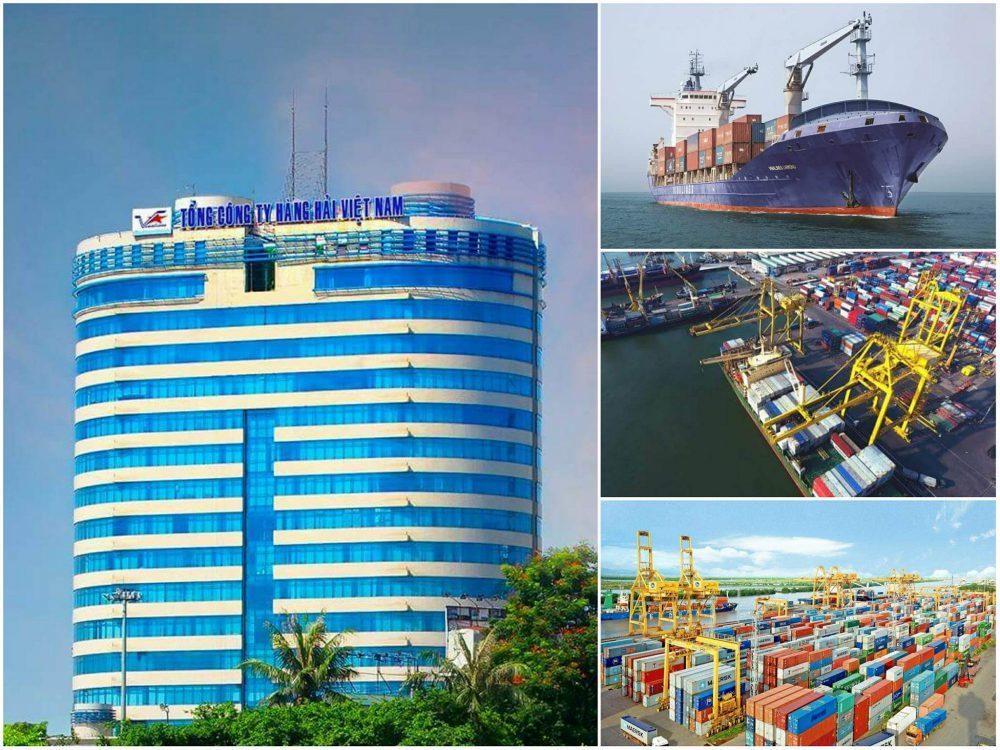As of the end of the 2019 fiscal year, there were 818 enterprises with state capital, including 491 wholly state owned (SOEs) and 327 state invested enterprises.

The total state capital in the 818 enterprises had reached VND1,600 trillion, an increase of 4 percent over 2018.
The total assets of 491 SOEs was approximately VND3,000 trillion. The pre-tax profit of the enterprises was VND162.75 trillion, a 2 percent decrease compared with 2018.
Forty-four out of 491 SOEs (9 percent) had losses, totaling VND619 billion.
As for 76 state-owned economic groups and general corporations, the total assets they held was VND2,730 trillion. Their accounts payable was VND1,440 trillion, the same as 2018, which accounted for 53 percent of their total capital.
The consolidated reports of state-owned economic groups and general corporations showed total revenue of VND1,500 trillion, up by 7 percent over 2018.
The state-owned economic groups and general corporations with the highest revenue include the Electricity of Vietnam (EVN) (VND399.508 trillion), the national oil and gas group PetroVietnam (VND397.051 trillion) and the military telco Viettel (VND145.265 trillion).
Their before-tax profit was VND147.519 trillion, a decrease of 3 percent compared with 2018.
| As for 76 state-owned economic groups and general corporations, the total assets they held was VND2,730 trillion. Their accounts payable was VND1,440 trillion, the same as 2018, which accounted for 53 percent of their total capital. |
Twelve economic groups and general corporations had an accumulated loss of VND7.44 trillion. Of this, VInalines incurred a loss of VND3 trillion, Vinachem VND2.78 trillion and Vinacafe VND819 billion.
Six holding companies were reported having an accumulated loss of VND2.819 trillion, including Vinachem holding company (VND1.845 trillion) and Vinacafe holding company (VND463.415 trillion).
Many enterprises have negative shareholder equity
Regarding the 327 enterprises with state capital, the government’s report said the enterprises after equitization have been growing, while the state capital proportion in equitized enterprises has changed depending on the enterprise restructuring.
The state still holds more than 50 percent of charter capital in 185 enterprises, mostly in large economic groups and general corporations, and equitized enterprises that provide public products and services.
However, some equitized enterprises have operated ineffectively and could not preserve stockholder equity, including Coma (negative equity of VND48 billion), Vinaincon (VND505 billion), and Song Hong (VND666 billion)
Some joint venture enterprises have also operated ineffectively and have negative equity, including the Vietnam Satellite Digital Television Company Limited (VND2.962 trillion); Hai Thanh - Hai Phong Joint Venture Company (VND153 billion).
According to the consolidated reports of the enterprises with state capital, 63 enterprises had a total loss of VND1.442 trillion.
This means that the number of enterprises with losses increased by 6.7 percent compared with 2018, but the value of the losses decreased sharply by 56 percent compared with 2018.
Regarding the 415 SOEs under the management of ministries and provincial authorities, the government reported that many of them had ROE (return on equity) and ROA (return on asset) indexes lower than the average bank deposit interest rate (1-5 percent).
These are mostly enterprises in agriculture, forestry and irrigation work exploitation, and IZ infrastructure development.
Luong Bang

Equitisation doesn't necessarily mean a better future for SOEs
Equitisation should be a magic wand to improve the performance of a State-owned enterprise (SOE), but in some cases, it is not.

Vietnam looks to attract foreign investment in equitisation of SOEs
As the Government is focusing on accelerating the privatisation and divestment of State-owned enterprises (SOEs), attracting foreign investment is important to the success of the progress,